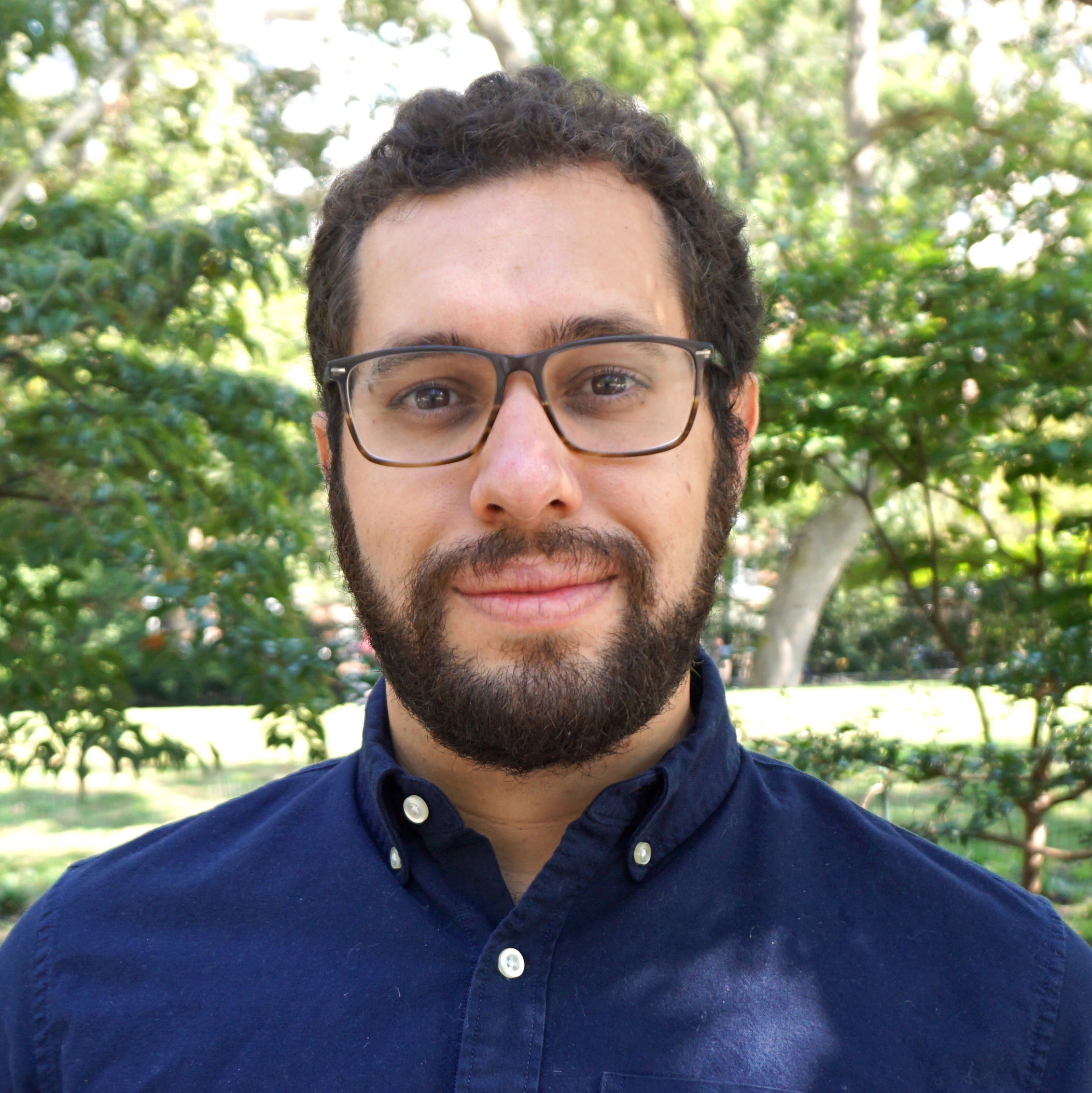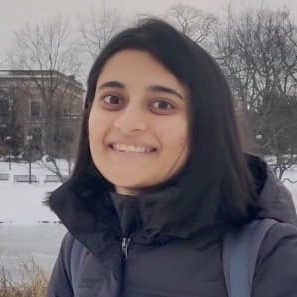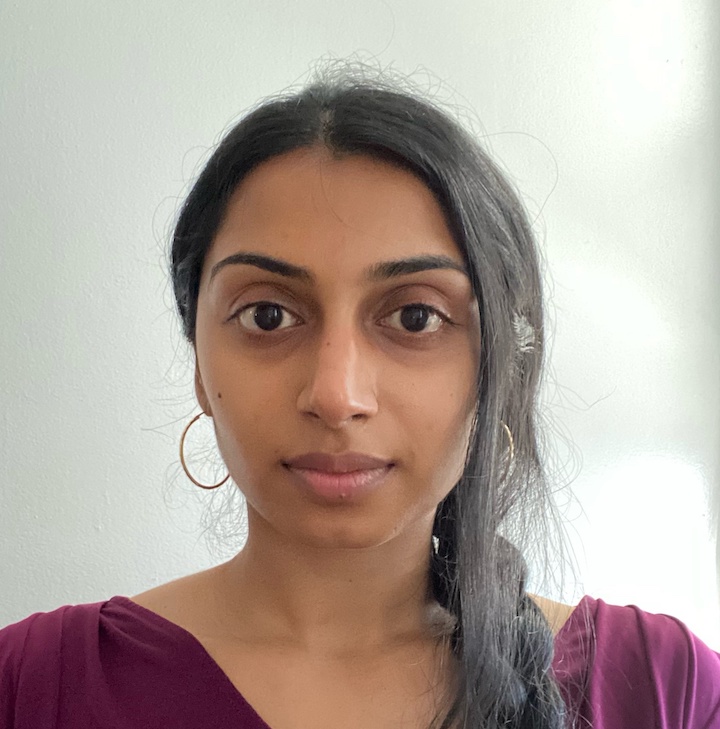NYU CS-GY 6763 (3943)
Algorithmic Machine Learning
and Data Science
Advanced theory course exploring contemporary computational methods that enable machine learning and data science at scale.
Course Team:
Lectures: Rogers Hall, Room 707. Recordings available through Brightspace.
Reading group: Check the schedule.
Professor office hours: Weekly on Mondays 9am-11am. Zoom link.
TA office hours (general): 1:30-3pm on Wednesdays. 8th floor common area, 370 Jay St or on Zoom.
TA office hours (undergrad only): 1-3pm on Thursdays. 8th floor common area, 370 Jay St.
Syllabus: here. Grading breakdown: Quizzes 10%, Problem Sets 45%, Midterm 15%, Final project OR final exam 20%, Partipation 10% Final project guidelines: here.
Quizzes: Weekly check-in quizzes will be administered via Google Forms. Link will be posted on this site. They must be completed by 2:00pm ET the Tuesday. after they are posted.
Problem Sets: Problem sets must be turned in via Gradescope on NYU Brightspace. While not required, I encourage students to prepare problem sets in LaTeX or Markdown (with math support.) You can use this template for LaTeX. While there is a learning curve, these tools typically save students time in the end! If you do write problems by hand, scan and upload as a PDF. Collaboration is allowed on homework, but solutions and code must be written independently. Writing should not be done in parallel, and students must list collaborators for each problem separately. See the syllabus for details.
Prerequisites: This course is mathematically rigorous, and is intended for graduate students and advanced undergraduates. Formally we require previous courses in machine learning, algorithms, and linear algebra. Experience with probability and random variables is necessary. See the syllabus for more details and email Prof. Musco if you have questions about your preparation for the course!
Resources: There is no textbook to purchase. Course material will consist of my written lecture notes, as well as assorted online resources, including papers, notes from other courses, and publicly available surveys. Please refer to the course webpage before and after lectures to keep up-to-date as new resources are posted.
Reading Group: It's an exciting time for research at the intersection of algorithm design and the data sciences. Most of the topics covered in this course are still the subject of active research. Starting midway through the semester we will be holding a reading group for students working on final projects (and any others who wish) to discuss and workshop papers.
If you will be participating in the reading group, please sign up to be a presenter or discussion leader for at least one week in this spreadsheet, which also contains the schedule.
Problem Sets:
Problem Set 1 (due Monday, Sept. 27th by 11:59pm ET).
Problem Set 2 (due Monday, Oct. 18th by 11:59pm ET).
Midterm Information (exam on Tuesday, Oct. 26th).
Problem Set 3, UScities.txt (due Wednesday, Nov. 24th by 11:59pm ET).
Problem Set 4 (due Wed, Dec. 15th by 11:59pm ET).
Final Exam Information (exam on Tuesday, Dec. 21st).
| Week # | Topic | Reading | Homework | |
|---|---|---|---|---|
| The Power of Randomness | ||||
| 1. 9/7 | Random variables and concentration, Markov's inequality, applications |
|
|
|
| 2. 9/14 | Chebyshev inequality, exponential tail bounds (Chernoff + Bernstein), and applications |
|
|
|
| 3. 9/21 | High-dimensional geometry and the Johnson-Lindenstrauss lemma |
|
|
|
| 4. 9/28 | Locality sensitive hash functions, applications to near neighbor search |
|
|
|
| Optimization | ||||
| 5. 10/5 | The role of convexity, gradient descent and projected gradient descent |
|
|
|
| 10/12 | NO CLASS -- MONDAY SCHEDULE | |||
| 6. 10/19 | Online and stochastic gradient descent, coordinate descent, preconditioning |
|
||
| 7. 10/26 |
Midterm Exam (first half of class)
Discrete optimization: submodularity and greedy methods. |
|||
| 8. 11/9 | Constrained optimiziation, center of gravity method, linear programming, LP relaxation. |
|
||
| Spectral Methods and Linear Algebra | ||||
| 9. 11/9 | Singular value decomposition, Krylov methods |
|
||
| 10. 11/23 | Spectral graph theory, spectral clustering, generative models for networks |
|
||
| 11. 11/30 | Randomized numerical linear algebra, sketching for linear regression, ε-nets |
|
||
| Fourier Methods | ||||
| 12. 12/7 | Sparse recovery and compressed sensing, restricted isometry property |
|
||
| 13. 12/14 | Finish up compressed sensing, introduction to importance sampling and leverage scores. | --> | ||
| 15. 12/21 | Final Exam (during regular class time) | |||



